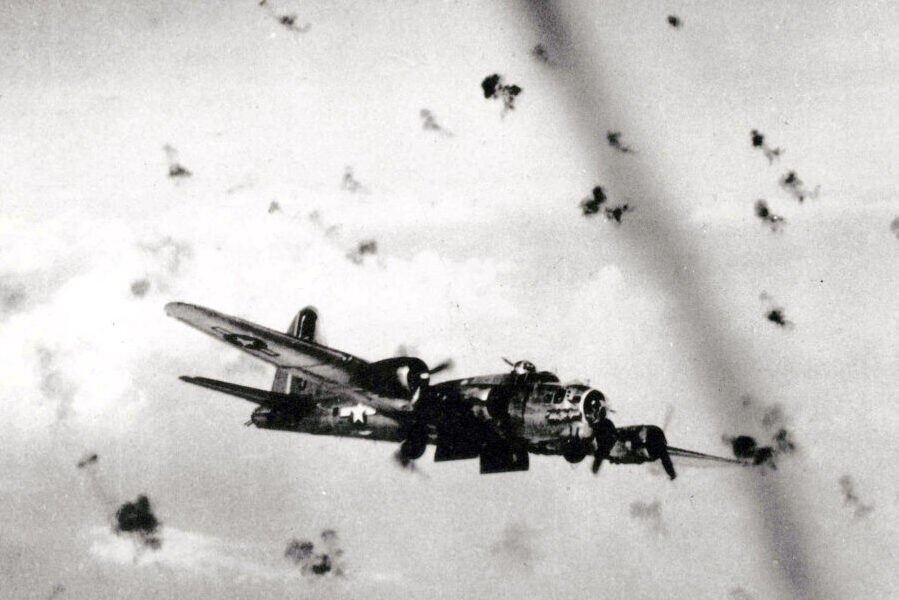With 290,560 new cases projected through the end of 2022, breast cancer is the most common form of cancer in the United States [1]. The same is true worldwide [2]. While men can also be affected, it is a predominantly female disease. Screening and treatment for breast cancer have improved significantly over the years. Considering all types of breast cancer together, the five-year survival rate is more than 90% based on data from 2012-2018 [3]. Despite its lower incidence, lung cancer remains the leading cause of cancer death. Even so, a new breast cancer diagnosis can be a life-changing and devastating event.
Treatment and Recovery
For a time, life after any cancer diagnosis is generally focused on treating and surviving the disease. For most women that means processing the reality of having cancer and navigating the maze of treatment options. These things take center stage for several months to more than a year. Breast cancer treatment is well beyond the scope of this article. The combination of surgery, chemotherapy, and radiation that your doctors will recommend depends on a variety of factors. The type and location of your cancer will have a pronounced impact on your treatment, as do your age and general health before your diagnosis. Thankfully, most breast cancer patients become breast cancer survivors.
Surviving and Thriving
As a pilot, you need to do more than survive. Whether or not you see your cancer recovery as a new lease on life, you do not have the option of simply easing back into the work day once you feel up to it. For one thing, flying an airplane safely requires more than just showing up. More to the point, whether you fly professionally or just for fun, the FAA has a very specific set up criteria that your AME will need to evaluate before they can issue your medical certificate.
Qualifying for a Medical Certificate
As with most forms of cancer, the five-year mark provides a dividing line when it comes to FAA medical certification. If your remission started five or more years ago and you do not use related medications other than hormone therapy, your AME can issue your medical certificate without reviewing other documentation. If it has been less than five years, they can still issue your certificate on the day of your exam, but you will need to meet certain criteria and bring a note from your treating physician. Your doctor’s note must reflect the results of an evaluation conducted within 90-days of your AME appointment and needs to document the following:
- Your pathology results show that you had:
- Carcinoma in Situ (Tis), Stage 0
- Ductal Carcinoma in Situ (DCIS)
- Lobular Carcinoma in Situ (LCIS) or
- Paget disease of the breast (TIS)
- You did NOT have Stage IA or higher disease
- You do not have a history of invasive or metastatic disease
- You have NOT been treated with chemotherapy
- Your condition is stable with no spread of recurrence and no evidence of disease
- Radiation therapy (if any) has ended
- If you had surgery, you are off all pain medication, fully recovered, and have been released by your surgeon
- You are back to full, unrestricted activities
- No new treatment is recommended
- You are not taking related medications other than tamoxifen or an aromatase inhibitor
Breast cancer that fits neatly into the description above is one of 20 Conditions AMEs Can Issue (CACI). The CACI program provides a way for AMEs to issue medical certificates to pilots with low-risk, common, well-controlled medical conditions without additional FAA scrutiny.
If any of these criteria are not met, your medical certificate application will need additional review by the FAA.
Special Cases
Obviously, many cancer survivors will not be able to take advantage of the expedited processing provided by the CACI program. Do not be discouraged if that applies to you. The most important factor in determining your eligibility to hold an FAA medical certificate is whether or not you are actually safe to fly. If your cancer is in remission, and you no longer have symptoms from the illness or treatment side effects, chances are very good that you can qualify. The list of documentation you will need to provide is more extensive, but the likelihood you will hold a certificate is still very good.
Speeding up your Medical Certification
Regardless of the complexity of your situation, when you are ready to get back into action after breast cancer, there is no reason that your medical certification needs to stay on hold. As with many other medical conditions, getting an FAA medical certificate depends as much on your paperwork as much as it does on your health status. With the right expertise, that process can be predictable and efficient.
References:
[1] R. L. Siegel, K. D. Miller, H. E. Fuchs, and A. Jemal, “Cancer Statistics, 2021,” CA. Cancer J. Clin., vol. 71, no. 1, pp. 7–33, Jan. 2021, doi: 10.3322/caac.21654.
[2] “Cancer.” https://www.who.int/news-room/fact-sheets/detail/cancer (accessed Sep. 12, 2022).
[3] “Cancer of the Breast (Female) – Cancer Stat Facts,” SEER. https://seer.cancer.gov/statfacts/html/breast.html (accessed Sep. 12, 2022).
Also, see CACI for Prostate Cancer – AME Doctors – Wingman Med





